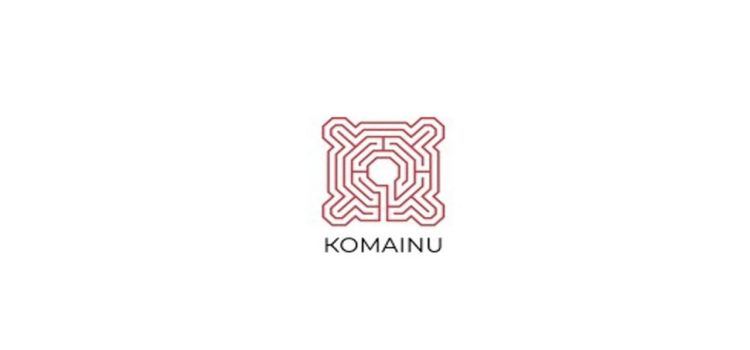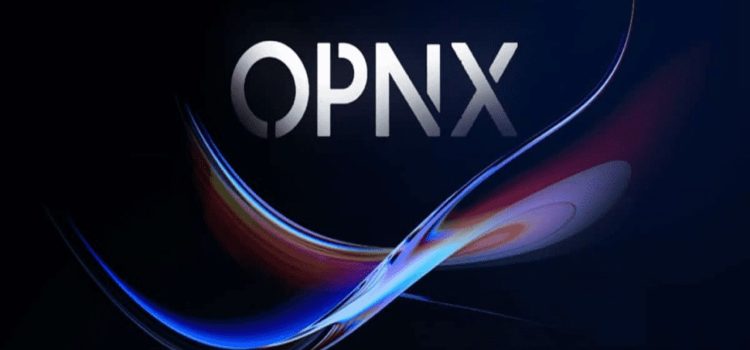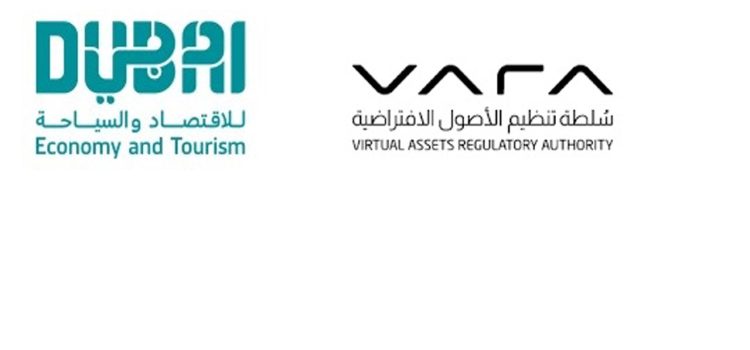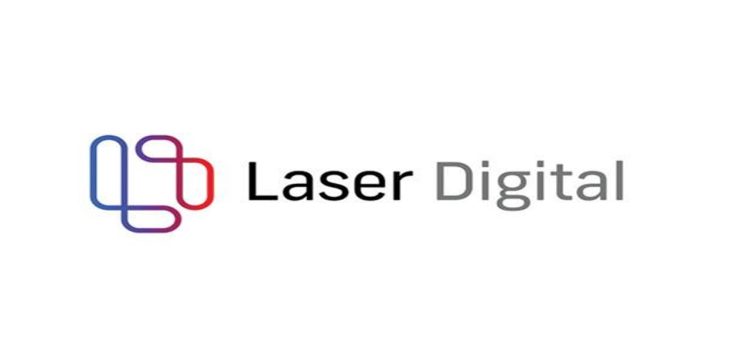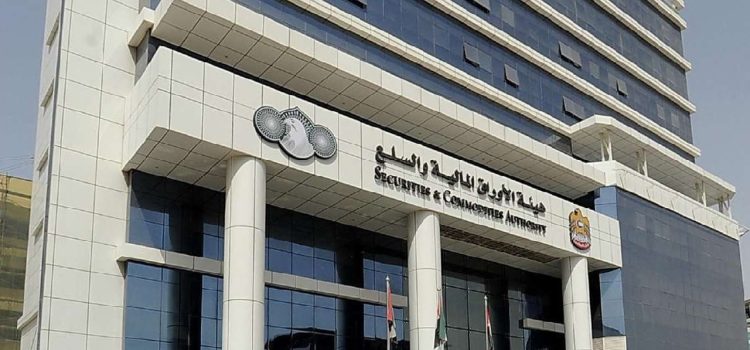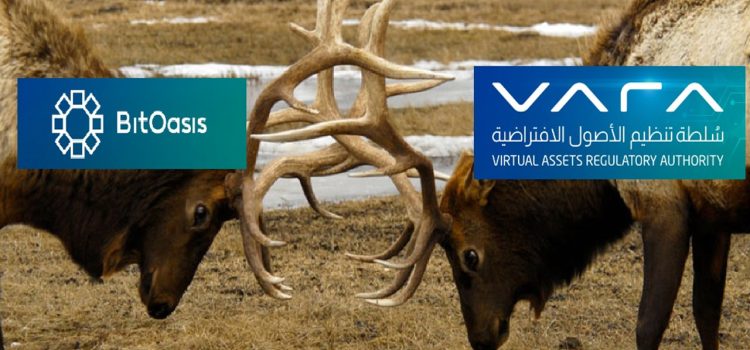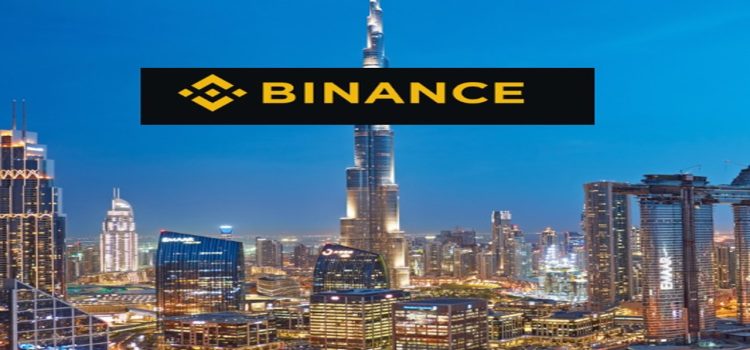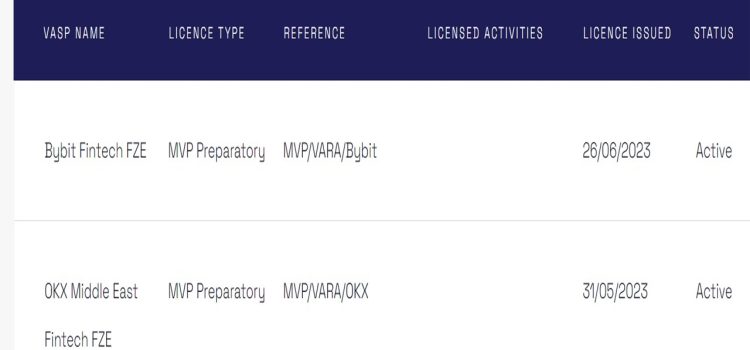After Dubai’s virtual asset regulatory authority revoked the MVP ( Minimum Viable Product) license for BitOasis earlier this month, Binance has now announced that it is the first crypto exchange to receive an operational MVP license from VARA.
As per Binance blog, “Users who qualify will now be able to access regulated virtual asset services in Dubai under VARA’s investor protection and market assurance standards. This milestone achievement affirms Binance’s commitment to building a compliant exchange in collaboration with local regulators.”
Dubai’s Virtual Assets Regulatory Authority has issued Binance with an Operational Minimum Viable Product (MVP) license to operate virtual asset exchange services.
The blog goes further to state, “ We are pleased to announce that our Dubai subsidiary, Binance FZE, has become the first exchange to receive the Operational Minimum Viable Product (MVP) license from Dubai’s Virtual Asset Regulatory Authority (VARA). “
The Operational MVP license enables Binance to offer services in Dubai approved by VARA, including exchange and broker-dealer services, initially to institutional and qualified retail investors.
The issuance of the operational MVP license follows Binance’s successful attainment of a provisional MVP license in March 2022 and a preparatory MVP license in September 2022.
VARA has now permitted Binance to operate two licensed activities: virtual asset exchange services and virtual asset broker-dealer services, limited to institutional and qualified retail investors in Dubai.
The progression from the Provisional License, granted in 2022, to an Operational MVP License, means eligible users in Dubai will now be able to access authorized services, including the ability to safely convert virtual assets to fiat under VARA-designated standards compliant with the intergovernmental Financial Action Task Force.
Institutions and residents that qualify to use the services provided by the Operational MVP License in Dubai can do so knowing they’re under investor protection and market assurance standards tailored specifically for the virtual asset sector, and required by VARA for any licensees to provide regulated virtual asset services in Dubai.
Richard Teng, Head of Regional Markets at Binance, commented: “We are honored to be the first exchange to be granted an operational Minimum Viable Product License by VARA — a result of over a year of due diligence, collaboration, and consistent demonstration of responsible intent – that now allows us to be able to leverage the potential of a progressive regulatory framework, enabling innovation while furthering user protection. Operating within this regulated ecosystem, we are committed to ensuring secure and seamless customer migration, with robust Know-Your-Customer and Customer-Due-Diligence as part of the rigorous onboarding remediation as stipulated by VARA. Our priority is to be able to operate this first fully regulated exchange in, and from Dubai, in a FATF-compliant ecosystem, setting the stage for global scalability with uncompromised user assurance.”
Alexander Chehade, Binance Dubai’s General Manager, noted: “The last few years have cemented Dubai as a global virtual asset hub and we are excited to be a witness to that growth as we build on our operations here, with continued commitment to market and investor security. With this operational MVP license, all users onboarded through this platform can expect access to a trusted and regulated service that prioritizes security alongside compliance with highly specialized, tier-one virtual asset regulations under VARA. This milestone achievement is one step closer to providing even more users with access to our services and we are excited about the continued work in this space.”
VARA’s website has updated that status of Binance to an MVP operational license. In the meantime Binance has been retreating from various countries, includig Germany, France, Canada, Cyprus, Austria and the Netherlands as it also faces legal battles in the USA and UK.
This is the third license Binance receives in the GCC region. The first license granted to Binance was in Bahrain, as well as in Abu Dhabi UAE through ADGM ( Abu Dhabi Global Market).









